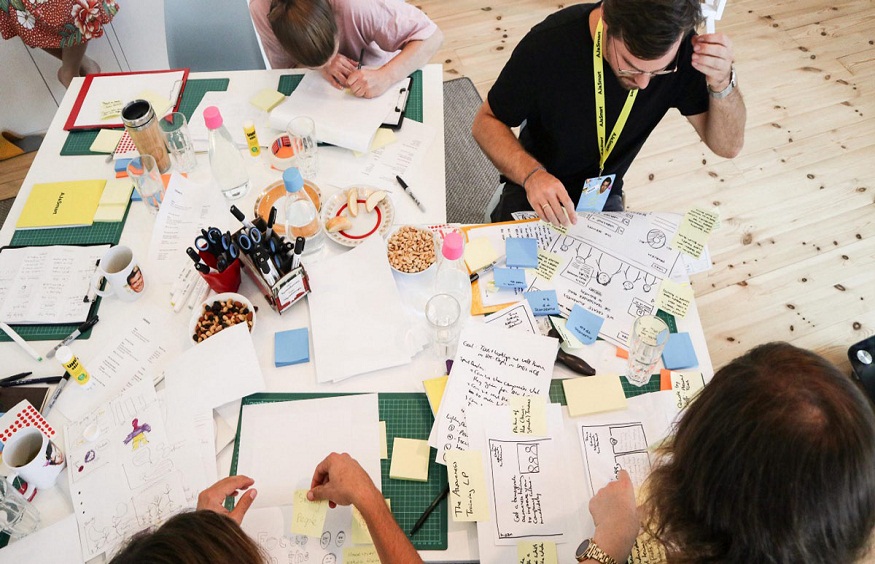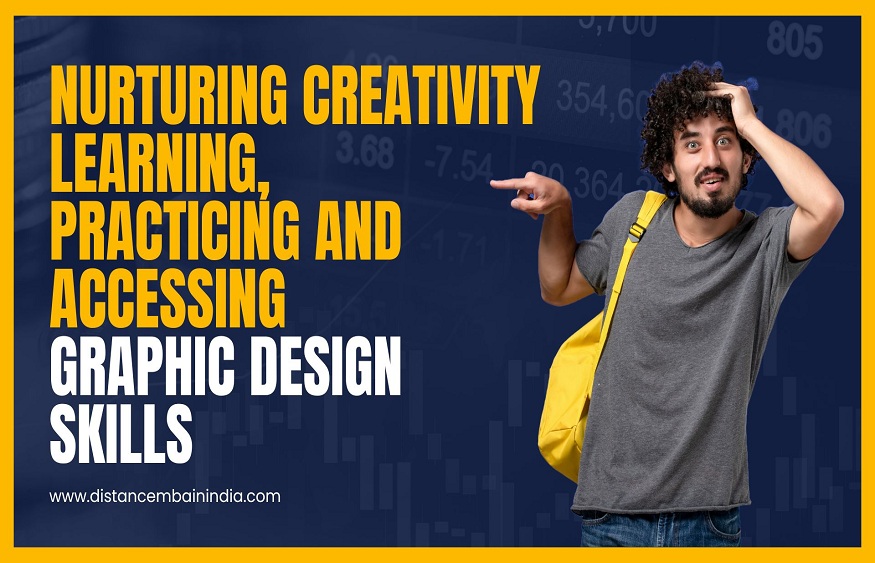Design thinking workshops provide a stimulating setting for addressing challenging issues and stimulating creativity. Regardless of your experience level, making the most of your design thinking workshop experience depends on your level of preparation. This guide will go over the necessary procedures to prepare for a design thinking workshop and ensure everything goes well.
Recognise the Objectives and Schedule
Understanding the goals and schedule of a design thinking workshop is crucial before participating. What issue do you hope to resolve? What results are you looking to attain? Learn the format of the programme, including the exercises, activities, and schedule. By doing this, you’ll be more prepared and able to contribute as much as possible to the session.
Develop a Growth Mentality
Experimentation, iteration, and ongoing learning are essential to design thinking. Adopt a growth attitude in which setbacks are viewed as chances for development and advancement. Be prepared to question your presumptions and be receptive to fresh viewpoints, ideas, and methods. You’ll be more capable of navigating the complexity and unknowns of the design thinking process if you adopt a growth mindset.
Become Acquainted with Design Thinking Methods
Design thinking workshops frequently use a range of approaches and methodologies for problem-solving and idea production. Learn about common design thinking techniques like user testing, brainstorming, empathy mapping, and prototyping. Understanding these techniques will enable you to give insightful thoughts and participate in the session more successfully.
Get Ready to Work Together
Design thinking involves multidisciplinary teams collaborating to solve challenges, which is inherently collaborative. Develop your teamwork and communication skills to prepare to work with others. Be receptive to diverse viewpoints and eager to actively hear others’ opinions and suggestions. Collaboration is the mother of creativity and invention; therefore, it brings a collaborative mindset to the workshop.
Bring Your Creative Spirit and an Open Mind
Be open to exploring new concepts and opportunities as you approach the design thinking session. Since creativity is the foundation of design thinking, be ready to explore nontraditional avenues and think beyond the box. Be prepared to question presumptions, take chances, and try out novel strategies. By arriving with an open mind and a creative attitude, you can reach new heights of creativity and problem-solving in the class.
Be Ready to Empathise with Users
A fundamental tenet of design thinking is empathy, and creating meaningful solutions require an understanding of consumers’ wants and experiences. Get ready to feel sympathy for users by placing oneself in their position and making an effort to comprehend their motives, feelings, and points of view. This could entail carrying out user research before the workshop through observations or interviews. You will be in a better position to create solutions that genuinely satisfy users’ needs if you have empathy for them.
Find Relevant Materials and Resources
The specific materials or resources required for the design thinking workshop may vary depending on its nature. Notebooks, sketchbooks, adhesive notes, markers, and prototype supplies are a few examples of this. In order to actively engage in the activities and exercises, make sure you have all the materials you need by reviewing the workshop requirements.
Conclusion
Getting ready for a design thinking workshop calls for a trifecta of resources, abilities, and mentality. You will position yourself for success if you comprehend the goals and schedule of the workshop, develop a growth mindset, become familiar with design thinking techniques, get ready to work with others, bring an open mind and creative spirit, empathise with users, and gather pertinent materials and resources. Approaching design thinking workshops with excitement, curiosity, and a willingness to learn and work together can provide you the chance to tackle difficult challenges, spur creativity, and make a significant difference.



